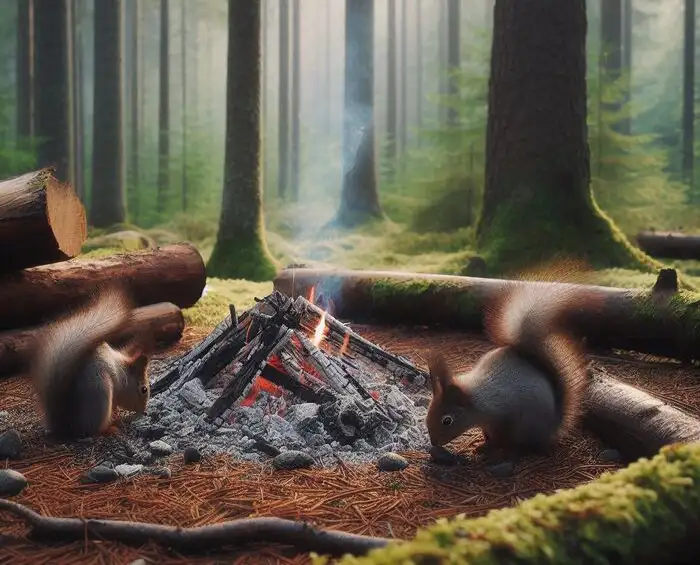Residue definition and meaning in context with images and visuals /ˈrez.ɪ.djuː/ (noun) Definition of residue something that is left over or remains after the main part is removed or taken away, remains, dregs, rest, remainder, excess, deposit, filtrate remainder of a deceased person's estate or property after debts or taxes have been paid Video of residue Residue in context When water is heated and boiled in a kettle, the liquid phase transitions into a gaseous state, a process known as evaporation. However, the water itself isn't entirely pure, and it often contains dissolved minerals and salts. As the water evaporates, ...
Home » English Vocabulary in Context » Residue Definition & Meaning in Context with Images

Residue Definition & Meaning in Context with Images
Updated: by Dr. Mohammad Hossein Hariri Asl
Time to Read: 3 minutes | 242 Views | No Comments on Residue Definition & Meaning in Context with Images
Share This Post
About the Author
Dr. Mohammad Hossein Hariri Asl is an English and Persian instructor, educator, researcher, inventor, published author, blogger, SEO expert, website developer, entrepreneur, and the creator of LELB Society. He's got a PhD in TEFL (Teaching English as a Foreign Language).
Number of Posts: 4242


